Sugar sweetened drinks contain an average of 10 teaspoons of sugar in a 12oz. can. E.g. Coco-cola®, Pepsi®, Nestle iced tea®, Schweppes®ginger ale. Even worse, some are sweetened with high fructose corn syrup (HFCS), a cheap substitute for sugar, which is causing major health problems by increasing fructose intake.
Excess Fructose / HIgh Fructose Corn Syrup (HFCS)
Some artificial sweeteners have been shown to have serious health
consequences: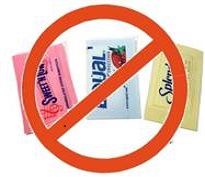
Aspartame -"Neurotoxin"
Agave Nectar
First - prefer the natural sweeteners or the natural non-nutritive sweeteners, such as luo han gho, stevia and the sugar alcohols (Eg. Erythtritol, xylitol) all in moderation.
Second - If you must use an artificial sweetener, then saccharin is a better choice to aspartame (yellow packet) or sucralose (pink packet) - Saccharin does not completely digest in the human body and its by-products are therefore less harmful than aspartame or sucralose.
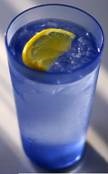
Coffee, tea, chocolate, beer and wine have a diuretic effect. Meaning they dehydrate the body. To compensate, drink a glass of water for each diuretic drink .
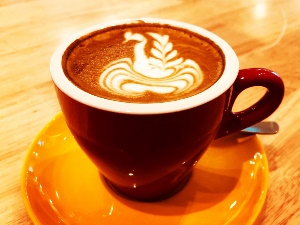
The following beverages contain caffeine: coffee, tea, cocoa, most sodas, but not usually beer or wine
E.g. An 8oz cup contains: instant coffee (65-100mg), drip coffee (115-175mg), brewed coffee (~80-135mg), brewed tea (~40-60mg), hot cocoa (~15mg). Most of the well known 12oz sodas contain caffeine in the 35-70mg range, except for an 8.2 oz Red Bull, which contains 80mg.
It is generally suggested that you drink a total of no more than 2-3 caffeinated drinks per day
Caffeine has a stimulatory effect. This is primarily credited to its inhibition of the chemical adenosine in the CNS by binding to adenosine receptors. A reduction in adenosine activity leads to increased release of the neurotransmitter stress hormones DOPAMINE and ADRENALINE, which increase alertness and motivation.
E.g. Green, Black, Herbal (E.g. Hibiscus, Tulsi), Matcha (excellent source of antioxidant EGCG)
Hibiscus Tea. For thousands of years, Egyptians have drunk this red tea made from the hibiscus calyces as an enjoyable beverage. Hibiscus teas were traditionally used to keep cool, to promote cardiac and nervous system health, as an aid for occasional nervous restlessness /difficulty sleeping (in Iran).
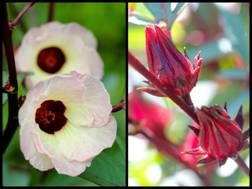
This tea is made from the hibiscus flower of which there are over 200 species. The hibiscus plant itself is a shrubby tropical plant that produces flowers with reddish-purple centers. After the petals fall from the flower, the remaining deep red calyces (cup-like structures formed by the sepals) grow into seed-containing pods that resemble flower buds. It's these red calyces that are used to make hibiscus tea
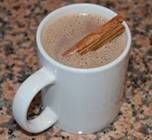
Dark chocolate contains antioxidant / anti-inflammatory polyphenols
"Grocery-store" hot chocolate usually contains MSG
Buy raw cacao and make your own hot chocolate. This way you can use less sugar than in bought versions.
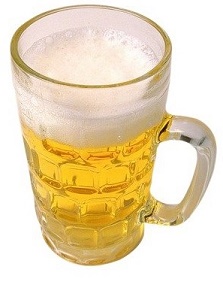
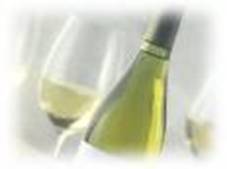
Beer. Prefer higher antioxidant dark ales, stout
Wine. Fermentation process significantly multiplies antioxidant levels, alcohol helps their absorption. Contrary to popular belief, both red and white wines have equal antioxidant effectiveness, reaching a plateau after about 2 glasses (white wine contains less, but smaller more easily absorbed antioxidants.
Troup et al, Free Radical scavenging abilities of beverages